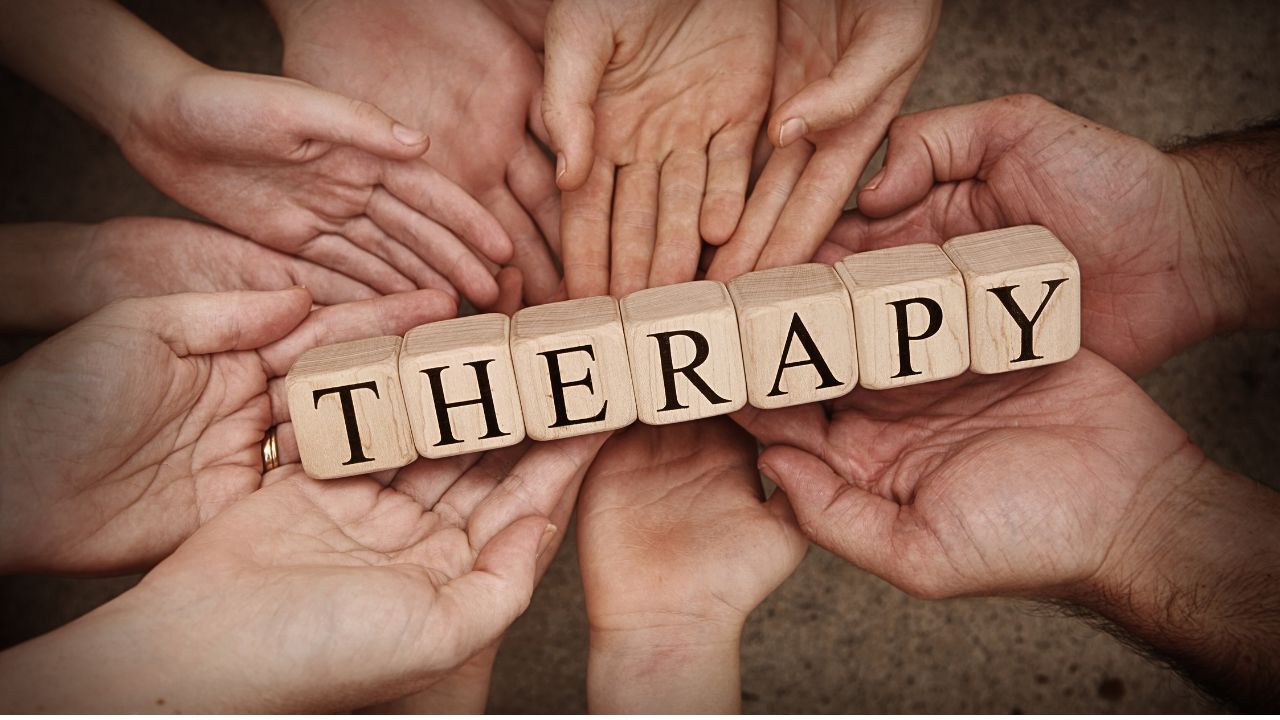“You don’t have to be great to get started but you have to get started to be great.”
Les Brown – motivational speaker
What do you do if you are struggling with something in your life and feeling unhappy yet can’t afford to speak to a therapist? This is a real issue in today’s culture and with more awareness about our mental health, it’s important that we become self-sufficient rather than waiting in line for a specialist. In this blog, I talk about learning how to self-coach, so that some of the issues that are clogging you up, can be addressed within.

In an age where we are given more permission to express how we feel without fear of ridicule, the demand for coaches and therapists has reached an all-time high. Waiting lists for counsellors are on the increase and all the while someone in crisis sees their misery increase without the resources to know what to do.
Imagine if we could explore some of our issues ourselves without the need for a specialist. How amazing could it be, if we had some skills to explore our sadness and become self-sufficient? Don’t get me wrong, there are some challenges that go deep and we need a therapist’s objectivity to help us reach places that our minds and body will prevent us from exploring. The fear of opening up a Pandora’s Box is just too great. So we ignore, deny and push down anything that feels just too uncomfortable. This is definitely therapist territory.
Although what if there were some issues we could address by learning how to self-coach? Now that could help us find the happiness and freedom that we deserve – here and now. No waiting, no lost time and a true investment in our well-being.
Having had a wobble myself recently, using my self-coaching skills, I was able to ask a few simple questions that enabled me to interrupt my self-destructive thought patterns. They allowed me to explore my ‘stuckness’ and shift me away from the vortex of negativity and move me towards a more positive thought pattern and more importantly, a healthier set of nourishing behaviours.

How do we do that? Surely you have to be a trained coach to know how to do it? A resounding no! You just need four things as you begin learning how to self-coach;
- The courage and awareness to look within.
- An armful of self-enquiry questions that explore where you are
- A journal to capture your thoughts
- A commitment to listen to your own council and take action.
So let’s go through each one….
The courage and awareness to look within
It is all too easy to stick our heads in the sand and ignore the passing waves of fear, sorrow and unhappiness. We hope that in time it will pass. Although it doesn’t, because our ego fuels a thought and turns it into a vortex of self-destructive patterns. If we can learn to tune into our thoughts more mindfully, then we can interrupt them before they explode into a personal crisis. With awareness comes the opportunity to personally address our challenges; certainly the ones that feel in our control.
When you notice that you are not ‘feeling yourself’ or unhappy, low or sad, then use that has a trigger point for a personal inquiry. Grab yourself a journal and start to explore what you are feeling, what has triggered those feelings and what you can do to change your state.

Self-enquiry Questions
One of the poems I used to teach my leadership groups back in my corporate coaching days was an extract from the poem by Rudyard Kipling ‘I Keep Six Honest Serving Men;
“I keep six honest serving-men
(They taught me all I knew);
Their names are What and Why and When
And How and Where and Who.”
These six open questions, become the basis for our self-enquiry. Partnered with our mindfulness and courage, we can begin to use these questions to open up why we feel the way we do. Here are some examples with the behaviours that go behind them.
- What is it that I am feeling right now? (Understanding)
- Why am I thinking this way?
- How long have I been feeling this way? (Exploration)
- Who or what may have triggered these thoughts and feelings?
- What is at the root of these feelings? (Enquiry)
- What could I do to change the situation? (Action)
- What could I do to alter the way I think and feel? (Problem-solving)
- When could I begin to take action? (Motivation)
- Who do I need to support and help me? (Support)
- How will I know when things feel better for me – what will be different? (Measuring the results)
When you use these question to understand and explore why you are where you are and note down the results, then you are taking control. It is not about finding fault with yourself or others, or looking for blame, it is about learning and growing and taking back the reigns of your life.

Journaling your thoughts and feelings
Journaling is totally en trend at the moment, and for good reason. Even neuroscientists agree that writing down what you are thinking and feeling has positive results – energetically. The benefits are many;
- It helps gain clarity of mind and allows you to ‘dump’ without structure or judgement
- It is a safe space to write everything that saying out loud to another may feel uncomfortable
- It acts as a record of where you are in this moment, which you can return to at a later day to check progress, or lack of it
- It helps uncover what’s beneath the surface of an issue as you begin your interaction with your journal and start to see patterns emerging
- Creates a degree of accountability when it comes to noting down your actions. Reading back those commitments gives a far greater commitment and thereby discipline when they are written down.
There really are no set rules to journaling. In fact applying rules dishonour the energy behind the journal. Make it work for you and your style. Coloured pens, highlighters, mind-maps, linear or pictures. Use whatever style you find most helpful in telling the story of your ‘moment’.

Be committed to take action when learning how to self-coach
With issues that we feel confident enough to tackle, the final skill we must begin when learning how to self-coach is to listen to the wisdom we uncover and then to find the commitment and discipline to take action. It is through our decision-making process that change can happen. Deciding that unhappiness is no longer an option means that you have the drive to take action and alter your state. Now happiness can rise to the surface like a phoenix from the ashes. Find a way to anchor your actions and practise them every day. It is through constant repetition that change turns from actions into new behaviours.
My example
With these four techniques that give us the basis of self-coaching, I wanted to share what triggered this post; my own self-coaching enquiry.
I have yo-yo’d with my weight for as long as I can remember, although of late, I have finally found a regime that suits my body and my mind. With a return to my fighting weight after Covid, I found myself loosing my grip on my chosen eating lifestyle. Eating foods that lacked any mindfulness, a tinge of emotional driven binging if I’m honest, and an increase in weight, I took to my self-coaching practice.
With courage I explored what was going on and why it mattered to me. I used the questions to understand what the triggers were and why they were relevant. And then more importantly I found some actions that I felt connected to, to get myself back on track. Whilst I gave myself permission to have been in that space, I knew I wanted to get back to the lifestyle choices I had made back in 2020.
So I committed to saying ‘no’, choosing to eat more mindfully and put ME back at the top of the agenda. And in a heart-beat I was there! I knew in an instant that I had surfaced my binging habits and understood the destructive patterns behind them. And now, back on track, I have regained my balance and control. And all this was done in a very short space of time.

I hope that these thoughts give you some inspiration for learning how to self-coach yourself through situations where you find yourself unsettled. If you find, of course that actually your self-enquiry reveals something deeper or darker, then I would absolutely recommend seeking professional help. There are some things that we need support with handling and only a professional can do that safely. In the meantime, learning how to self-coach without the need of a therapist is just four skills away. Feel free to comment below and let me know what you think. For more blogs about happiness, click here. If you do feel like you need a therapist, you might find this link helpful.


I think this post can help many of us. The second question “Why I am thinking this way?” is difficult and important. And for me that is the key question (or answer). It is easy to find excuses but not always easy to find the answers. I guess a bit of training in these self-questions is a way in getting better look within. Have a great Monday! Beijinhos
Hi Anna, yes I hope so. Yes it is a hard one to pose which is why we need the courage and awareness to start with. Peeling away the layers of the onion can reveal so much. I’m not saying it is easy, although sometimes the most difficult question is the one we most need to answer. Honesty is another key skill here. The more we use self-enquiry questions, the more confident we get at answering them. Kx